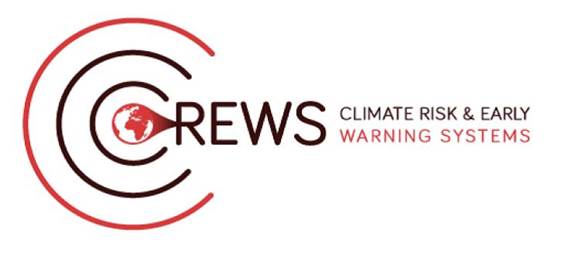The Green Climate Fund (GCF) Board #GCFB43 has officially approved adaptation project SAP063 to scale up hydrometeorological and early warning services in Belize and Trinidad and Tobago, building on the work of the first phase of the CREWS Caribbean programme.
The project will scale up previous CREWS-financed initiatives in the region through a comprehensive approach that includes quantitative, functional, and institutional scaling aligned to the GCF-SAP-CREWS scaling-up framework.
Quantitative scaling will expand the scope and reach of early warning systems, extending coverage to more geographical areas and vulnerable communities across Belize, Trinidad and Tobago, and the wider Caribbean. Functional scaling will focus on enhancing the technical capacity of institutions responsible for disaster risk reduction (DRR), improving their ability to deliver impact-based forecasting and response services. Additionally, institutional scaling will strengthen governance and stakeholder collaboration at national and regional levels, ensuring sustainable, long-term integration of early warning systems into national disaster preparedness frameworks.
This scale-up promotes a paradigm shift by improving resilience to climate-related hazards, empowering vulnerable communities with actionable climate data, and integrating early warning systems into national adaptation strategies, ultimately contributing to low-emission, climate resilient development.
The GCF/CREWS scaling-up framework ensured that the project is driven and owned by the respective national meteorological organizations of each country, it builds on expertise and partnerships with key regional institutions that are the Caribbean Development Bank and the Caribbean Meteorological Organization (CMO) and integrates the national early warning systems into regional systems. This ensure that the principles that drive effective early warning systems, such as people-centered, gender responsive are prioritize, that equipment and tools align with regional and global World Meteorological Organization (WMO) standards and maximizing coherence and cooperation with other initiative.
Overall, the scale up project will directly benefit 1.2 million people across Belize and Trinidad and Tobago, with indirect benefits another 0.3 million.
